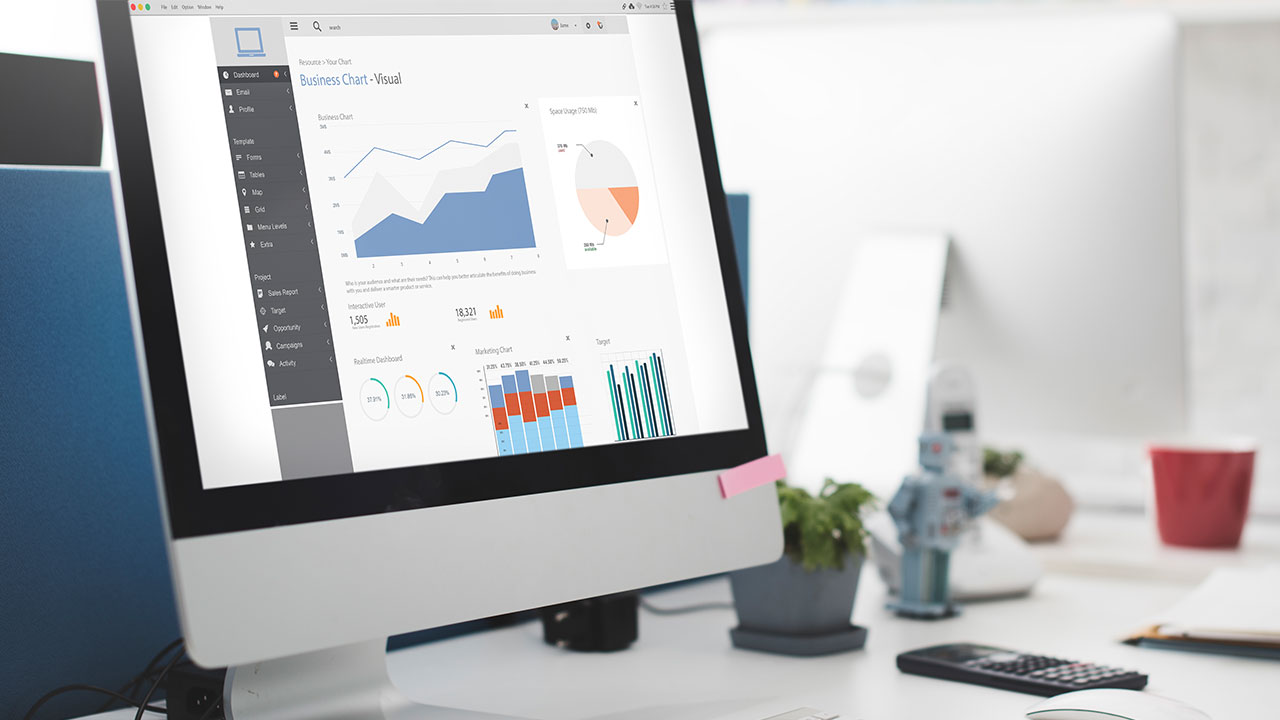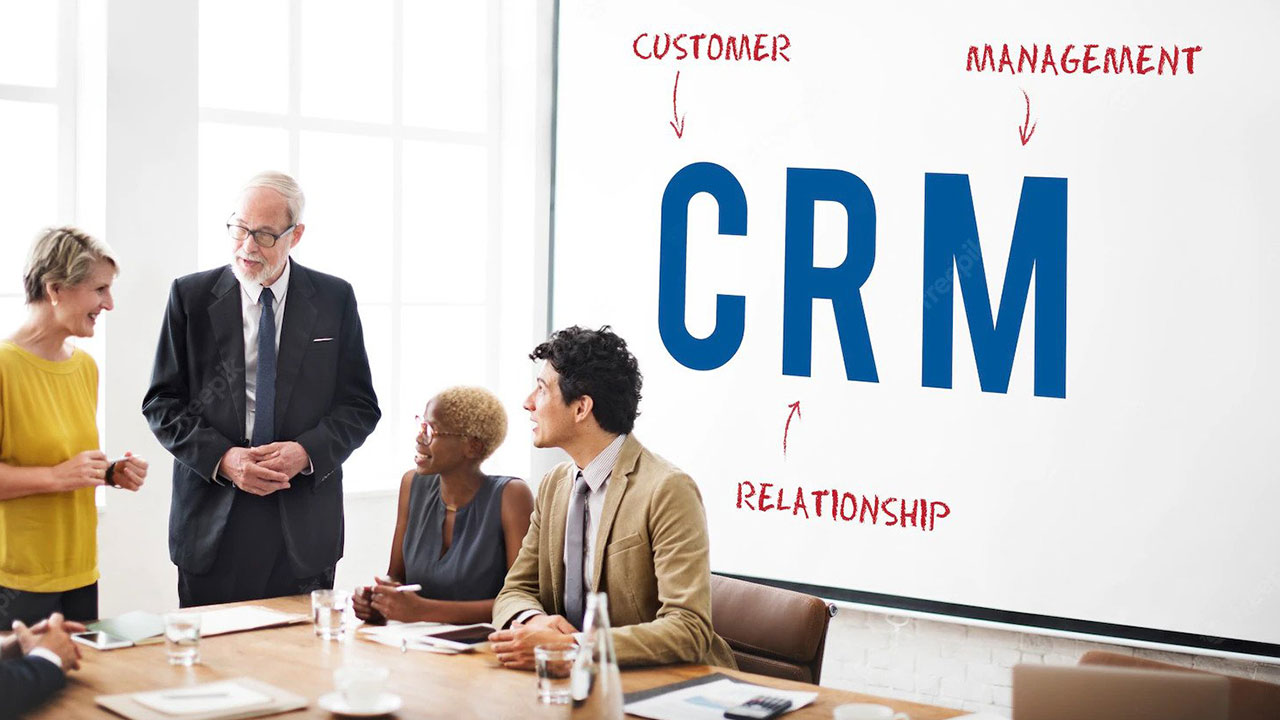1What is a CRM Software?
CRM software, or customer relationship management system, is a software application that enables businesses to manage and track customer interactions and data throughout the customer lifecycle.
CRM provides a centralized platform where teams can store and access customer data, track sales activities, manage marketing campaigns, and improve customer service. CRMs can be used by marketing, sales, and operations teams to improve customer engagement, increase sales conversions, and optimize business processes.
2What does a CRM do?
CRM software allows you to get ahead of your competitors. As customers require a rapid and direct response from companies, CRMs improve communication or for example, tech support. As teams across your company have better insights into queries, they can provide customers with more accurate feedback.
For your lead generation and nurturing, CRMs facilitate your management of marketing and sales efforts, meaning more closed deals, with more sales for your company.
3How much can I expect to pay for a CRM software platform?
This is a difficult question to answer, as there are varied prices for CRM software. Some CRMs are free, while others can cost hundreds or even thousands of dollars per month.
The price of a CRM will depend on the features it offers, as well as the size of your company. If you're a small business with a limited budget, you may want to consider a free CRM or one with a pay-as-you-go pricing model. However, if you have a larger budget and need more advanced features, you'll likely have to pay more for your CRM.
4How long does a CRM implementation project take?
A small project — one in which you are using almost exclusively the out-of-the-box capabilities of the CRM, without integrations to other systems — can be done in weeks.
A big project, where you are completely revamping complex systems and processes, or creating deep integrations to your ERP or other systems, could take months or a year.
An experienced solution partner will roadmap your implementation, and break it down into phases so that budgeting and planning can be done properly.
5What CRM features do I need?
Mostly, CRM software buyers want contact management and lead management features. However, the best CRM platforms are adding artificial intelligence capabilities to streamline the sales process and generate insights.
In general, many companies look for the following CRM features:
Task management.
Email marketing.
Sales forecasting.
Deal management.
Mobile applications.
Workflow and marketing automation.
Document management.
Reporting and analytics tools.
6What are the benefits of a CRM software development system?
A CRM solution can be used in various ways and provide numerous benefits to your business. In general, these benefits all involve nurturing leads and supporting customers as they enter and move through your sales and marketing funnels. Specifically, CRM systems can achieve the following to do so.
1. Better customer service
2. Increased sales
3. Improved Customer retention
4, Detailed analytics
5. Higher productivity and efficiency
6. Centralized database of information
7. Managed communications with prospective leads
8. Improved customer segmentation
9. Automated sales reports
10. More accurate sales forecasting









